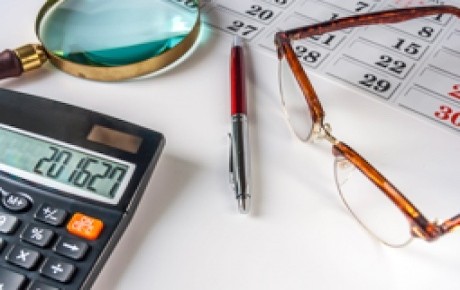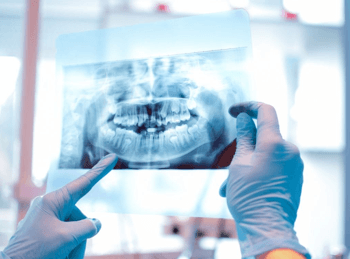Draft reports should be prepared and the contents compared with the original notes. On completion of a final report all draft reports should be destroyed. This prevents any confusion at a court hearing as to what was draft and what was final report. A copy of the final report should be held either with the patient's records, or by the author. On no account should any of the original notes be destroyed and, if they are rewritten, the second version should be acknowledged and kept with the original. Requests to edit reports to remove unfavourable material should never be accepted. The report should provide a balanced and complete account of the consultation. All reports should be typed without alterations.
Finally, whenever possible, ask a colleague to review and comment upon the report before it is sent. It is difficult to alter a report once it has been issued. Constructive criticism at this time is preferable to cross-examination in the witness box. Review of the notes, reports, diagrams and photos should occur before the start of court proceedings. If, at this stage, any mistakes are noted in the report, these should be acknowledged openly in court.
















